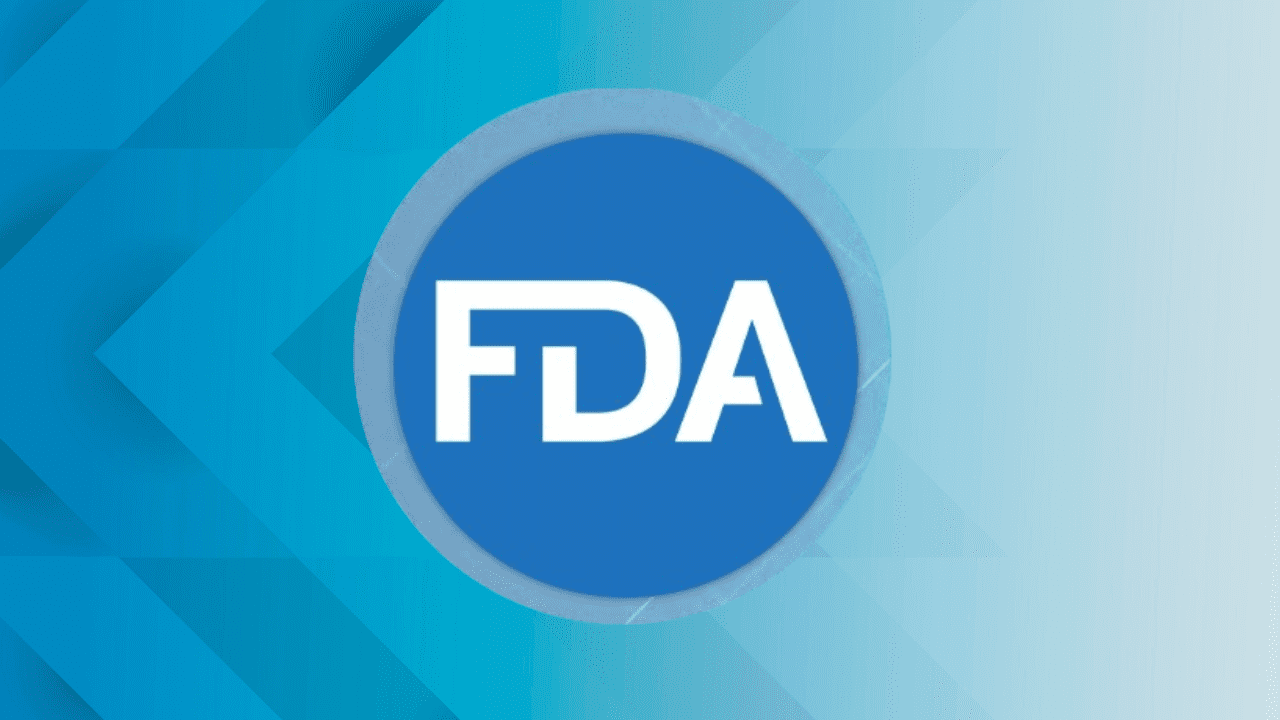TLDR
- The FDA is deploying generative AI to all of its centers to speed up the drug review process.
- A pilot among scientific reviewers showed that generative AI let them finish complex tasks in minutes, rather than days.
- The FDA’s AI integration could significantly shorten timelines for new therapies, marking a major shift in regulatory speed and efficiency.
In a historic move, the U.S. Food and Drug Administration (FDA) said today it is deploying generative AI across all of its centers by June 30, a move that can speed up the drug review process.
The decision follows a pilot program that dramatically accelerated scientific review tasks – part of a broader effort to reduce administrative burdens and improve regulatory efficiency.
“I was blown away by the success of our first AI-assisted scientific review pilot,” said FDA Commissioner Martin Makary, in a statement.
“We need to value our scientists’ time and reduce the amount of non-productive busywork that has historically consumed much of the review process. The agency-wide deployment of these capabilities holds tremendous promise in accelerating the review time for new therapies.”
The announcement marks a major inflection point for the agency, which has long been cautious in implementing emerging technologies. Under Makary’s leadership, the FDA is now accelerating toward full-scale AI integration to streamline internal operations and improve responsiveness across its diverse regulatory responsibilities – from drugs and biologics to medical devices and food safety.
The FDA’s generative AI pilot was tested among scientific reviewers. According to the agency, the tools enabled reviewers to complete tasks in minutes that previously took days.
“This is a game-changer technology that has enabled me to perform scientific review tasks in minutes that used to take three days,” said Jinzhong Liu, deputy director of the Office of Drug Evaluation Sciences in the FDA’s Center for Drug Evaluation and Research (CDER).
These generative AI tools are designed to assist FDA scientists and subject-matter experts by automating repetitive, time-consuming tasks – allowing more focus on expert analysis and decision-making.
In a post on X, Makary asked rhetorically, “Why does it take over 10 years for a new drug to come to market? Why are we not modernized with AI and other things?”
FDA calls for immediate deployment
Makary has directed all FDA centers to begin deployment of gen AI immediately, with the goal of full integration by June 30. By that deadline, each center will operate on a common, secure generative AI system integrated with FDA’s internal data platforms.
“There have been years of talk about AI capabilities in frameworks, conferences and panels but we cannot afford to keep talking. It is time to take action. The opportunity to reduce tasks that once took days to just minutes is too important to delay,” Makary said.
The agency-wide rollout is being coordinated by Jeremy Walsh, the FDA’s new chief AI officer, and Sridhar Mantha, who previously headed CDER’s Office of Business Informatics. Walsh previously led enterprise-scale technology deployments across federal health and intelligence agencies.
The FDA’s move to rapidly integrate AI has wide-ranging implications for the health care system. Shortening the time it takes to review new drugs and medical devices could lead to faster approvals and quicker access for patients to innovative therapies.
Looking ahead, the FDA said future enhancements to the AI platform will focus on improving usability, expanding document integration, and tailoring outputs to the specific needs of each center – all while ensuring strict adherence to FDA information security policies and procedures.
The agency emphasized that it will continue to assess performance, gather user feedback, and refine AI features to support the evolving needs of FDA staff and advance its public health mission. Additional updates will be shared publicly in June.


Be First to Comment